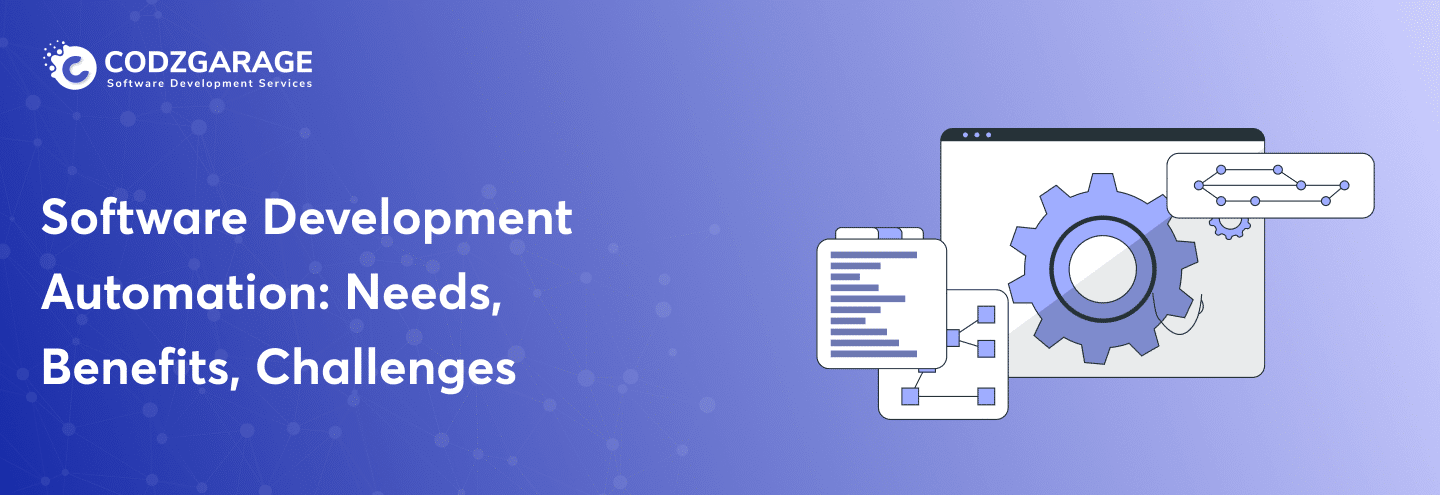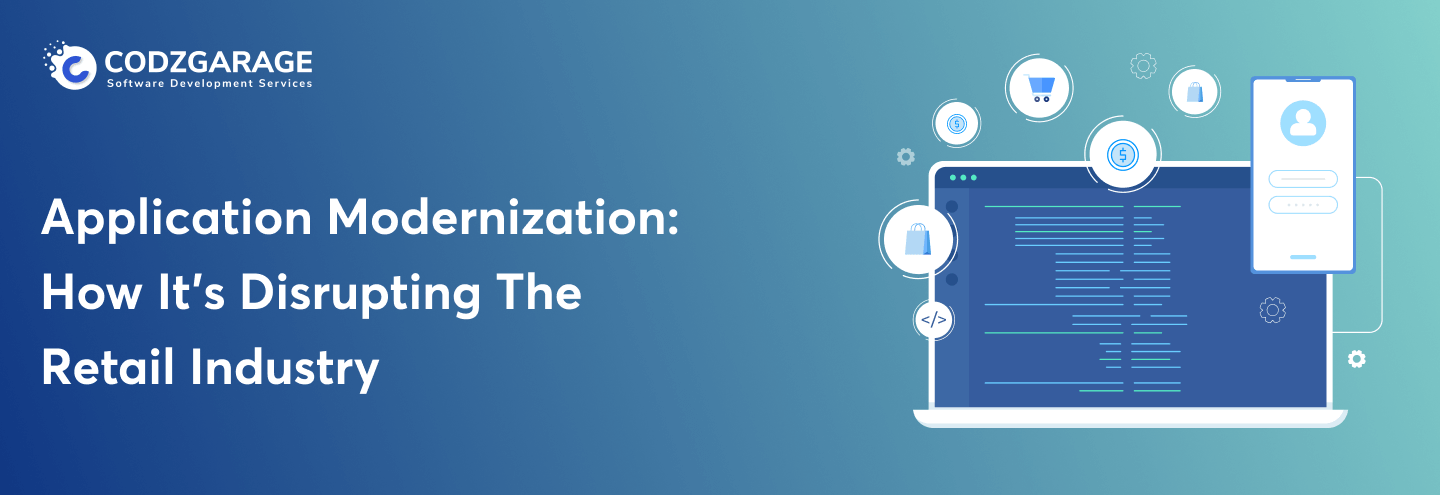Cloud Integration: Why Your Business Needs It
Cloud integration is trending and is a crucial part of digital transformation. From legacy to on-premise, every system needs to migrate to a fast, scalable, and smooth tech platform and infrastructure.
Digitization has immensely influenced businesses. As a result, more and more of them are getting digitized. Although the shift is referred to as a digital transformation, it involves legacy software re-architecting and modernization to create a new one from the get-go. This article is about how cloud integration is imperative for businesses nowadays.
Irrespective of the business’s size and industry domain, cloud technologies are exponentially getting popular amongst them. Organizations worldwide are getting interested in cloud-based migration. Businesses today are likely to have an amalgamation of enterprise and cloud-based applications competent enough to deliver business-oriented results.
Through this article, we’re going to let you know why cloud-based integration and migration are imperative for businesses today with their kinds and other information. Keep reading on!
Codzgarage is the leading software development agency with core expertise in software migration and application modernization. Contact us todayto learn how we can help you.
Getting started from the basics always has a significant advantage over something done with promptitude; hence, first off, let’s know the types of cloud integration, and then we’ll look at its significance for businesses.
Types of Cloud Integration
When it comes to cloud-based integration, it would be mainly of two types or a mixture of the twin; it involves;
1. Cloud-to-cloud integration
2. Cloud-to-on-premises integration, or
3. A combination of both (cloud to cloud and cloud to on-premises).
- Cloud Data Integration— This mode of cloud integration enables a seamless data flow among a variety of repositories. It consists of processing, transfer as well as the transformation of information in batches or in real-time while integration. Businesses across the world make use of data integration to migrate raw, unstructured cloud data for particular uses.
- Cloud Application Integration— It congregates a multitude of applications and makes sure of uninterrupted interoperability and functionality. This mode of cloud integration involves app-sharing requests, commands as well as other mechanisms to streamline business activities. It simplifies data exchange making use of real-time dataset integrations among the systems.
Cloud Integration Benefits and Why it’s Imperative for Today’s Business
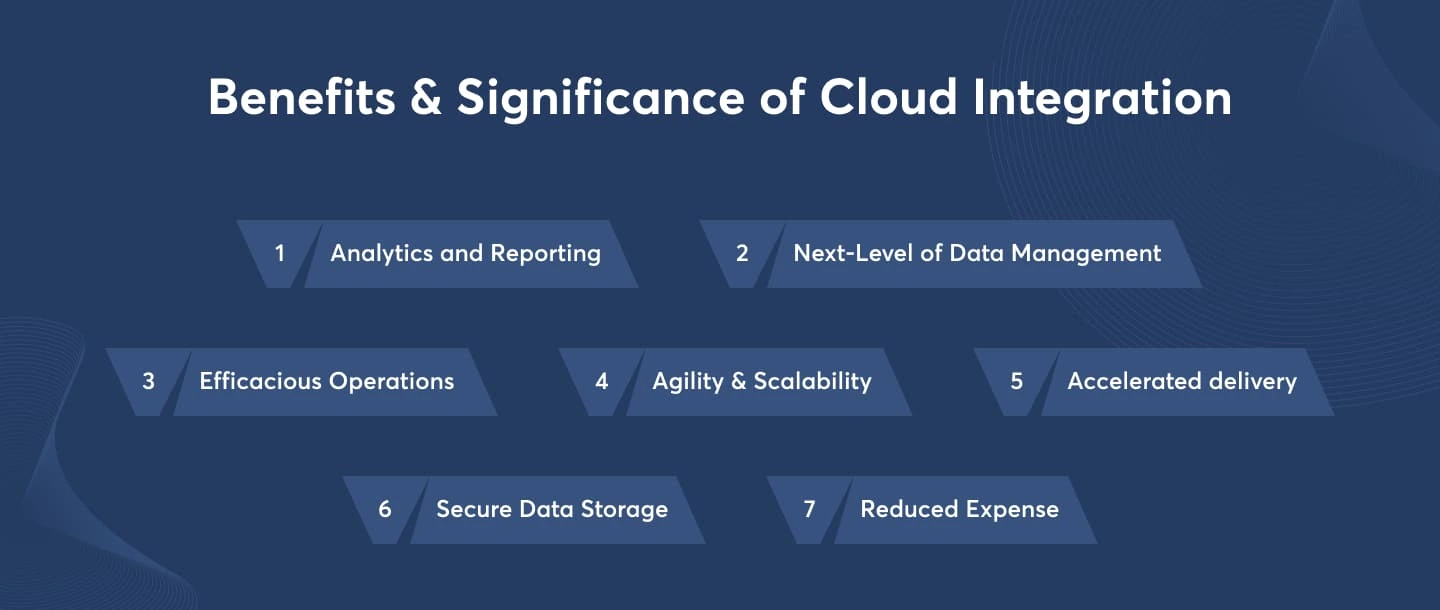
The cloud integration market is anticipated to register a CAGR of 12.5% between 2023 to 2o28, stating the emerging popularity of cloud-based integration.
Cloud integration with a multitude of enterprise applications provides plenty of benefits over traditional time-consuming information and data exchange methods. It provides intensive analysis and enhanced collaboration resulting in eliminating data access drawbacks. One of the cloud integration benefits is it lets you counter data silos by bringing data and applications together.
Companies prefer cloud-based integration to embrace enhanced functional connectivity and extensive data access. Except these, given below are some of the considerable advantages of cloud integration, making it imperative for business.
Analytics & Reporting
One of the benefits of cloud integration is analytics and reporting. Businesses can circumvent redundancy even with the shared data store resulting in lessening the expense of data storage as well as the efforts associated with synchronization. The advent of business intelligence allows companies to make use of data accumulated from discovery to enhance performance.
You might know that cloud integration offers a way to robust data analytics platforms and CRM systems, along with additional applications hosted by third-party service providers. Furthermore, cloud integration allows the synchronization of data stored on local servers with remote sources.
Next-Level of Data Management
Enhanced data management is another benefit of cloud integration, making it essential for businesses. Making use of iPaaS (integration Platform as s Service), organizations can competently host their integration technology in the cloud rather than a firewall. It provides swift B2B data exchange as well as real-time management capabilities. Complete access to the current data at the right moment is of utmost significance for the allowance of result-oriented decision-making.
Efficient Operations
The next benefit of cloud integration is that it ensures efficient operations. Since businesses have their processes integrated into cloud platforms, they are more likely to be able to shift their focus from seeking information to analyzing them in real-time. The cloud is less likely to experience downtime; hence, it enables teams to be more productive and businesses to lessen expenses on maintenance.
A user can conveniently automate manual data entry and information as well as information restructuring procedures by making use of intelligent operational workflows to circumvent potential errors committed by humans. Cloud integration capacitates businesses to get benefited by having a comprehensive view of different essential, complex business scenarios at their convenience. This holistic insight enables them to get and retain a competitive edge over their rivals.
Scalability & Agility
The next level of agility and scalability is another benefit of cloud integration. Organizations making use of the cloud are way more efficient and well-equipped to evolve and adapt to the market as well as consumer demand. The interoperability, extensibility, cost-efficiency, and so on provided by cloud integration platforms allow scaling IT infrastructure way more convenient, accelerated, and flexible compared to upgrading an on-premises system.
Everything from reducing computing power to expanding server space with cloud platforms, everything gets digitized in a matter of few moments. Moreover, a business can remain agile even when provisioning IT resources for enterprises and make use of deployment flexibility for modern applications while connecting business services.
Streamlined Delivery
B2B ecosystems seem to be expanding at a rapid pace making it imperative for businesses to connect with new partners and customers in a reduced amount of time. Modern-day business organizations tend to move exponentially by shifting their significant workflows as well as integration flows to the cloud. Furthermore, cloud-based integration capacitates apps to exchange real-time data, make significant decisions, and deliver services in a heartbeat.
Secure Data Storage
Secure storage of crucial data is another one of the cloud integration benefits, making it imperative for businesses nowadays. On-premises systems tend to store data on physical machines; hence, in case a machine gets broken down by any cause, you may have to lose entire data, and no organization wants to do so.
Cloud platforms, on the other hand, prevent such issues with their robust and secure data storage that’s able to be accessed conveniently, irrespective of device.
Reduced Expense
A cloud integration platform is way more convenient to implement, deploy, and manage, hence has lessened cost as compared to custom software development costs. The system is incredibly affordable, preventing the need to outsource IT specialists and creating everything from the get-go. In contrast to that, conventional integration solutions need you to create custom connections to third-party applications making the process expensive and more complicated.
Wrapping Up!
Providing a variety of conveniences and easing the processes, cloud integration is now an inevitable step to take for businesses. From removing data access barriers to letting you counter data silos and many more, cloud-based integration of software brings plenty of conveniences to the table for businesses making it imperative for them. We did a proper exploration and hope you’ve got better of it. However, if you want to explore more about it, we, as a custom software development company with core proficiency in software migration , can help you make a better decision. Let’s connect.
Want to
Migrate Legacy System to CloudHow We Help
- Migrate Desktop to Web
- VB6 to .NET Core Platform
- VB.NET to .NET Core




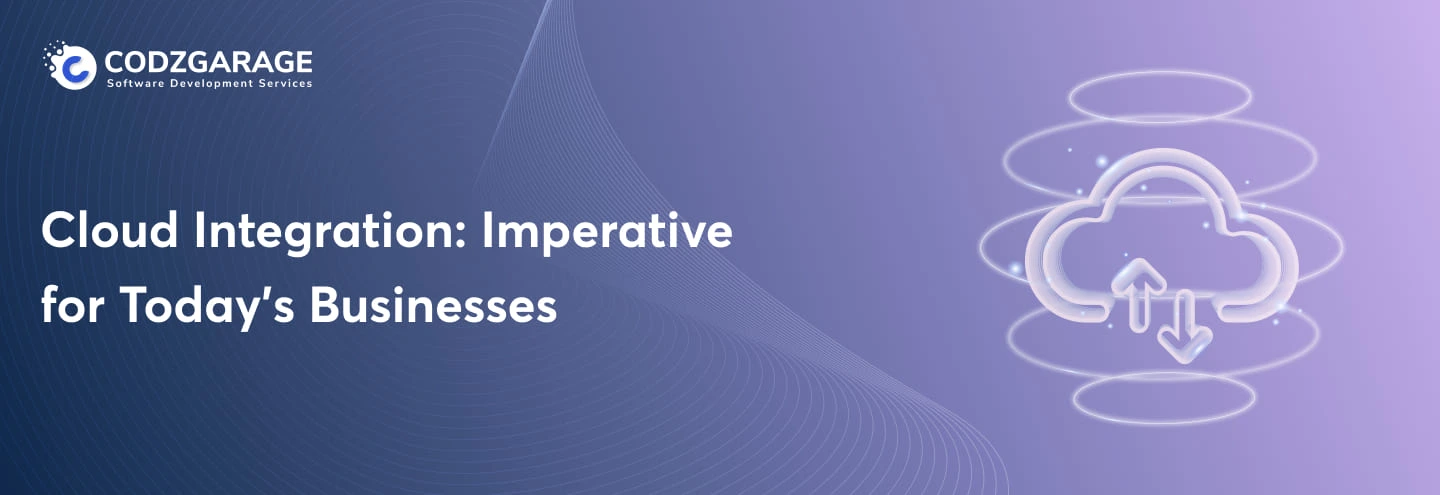

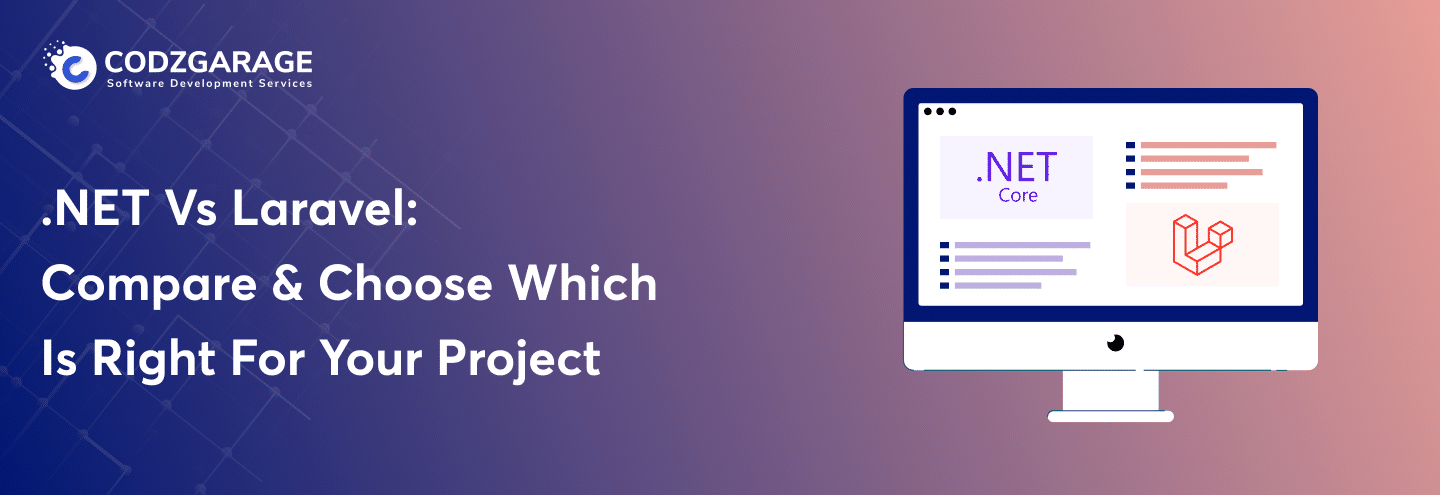
 Manthan Bhanvadiya
Manthan Bhanvadiya 
